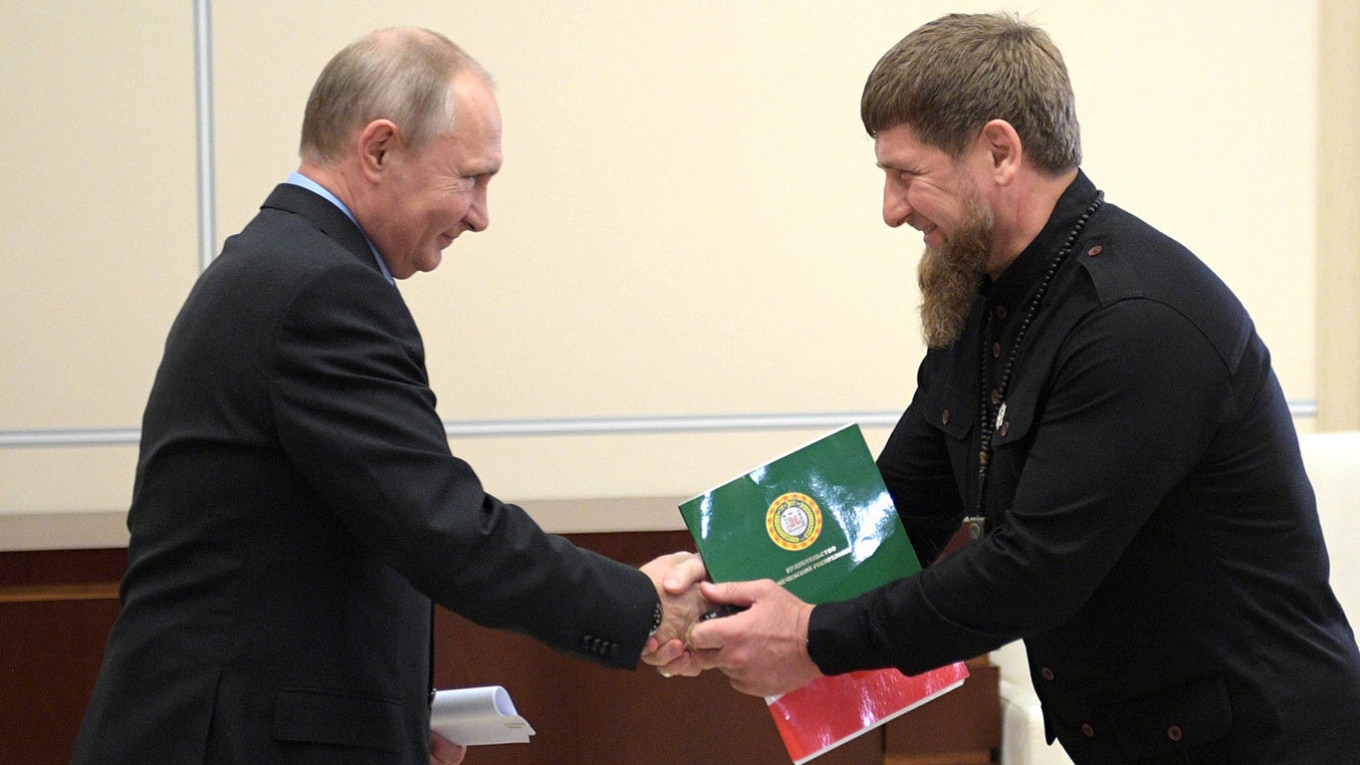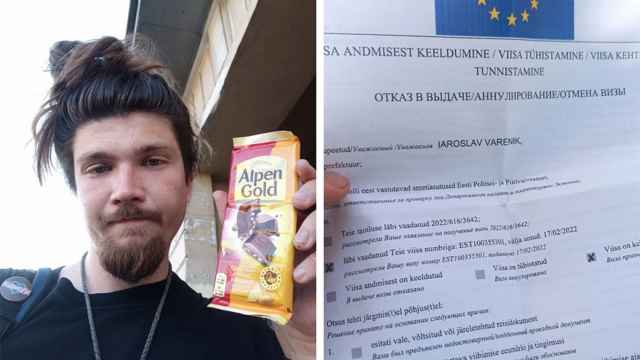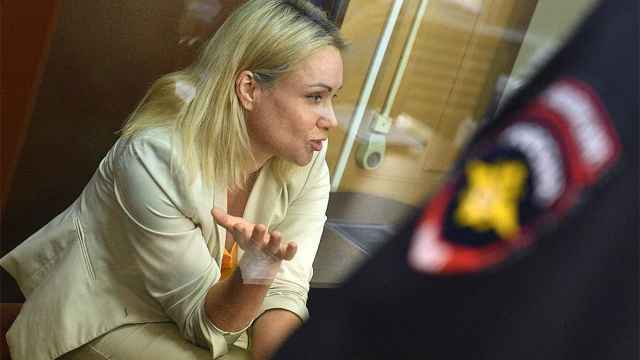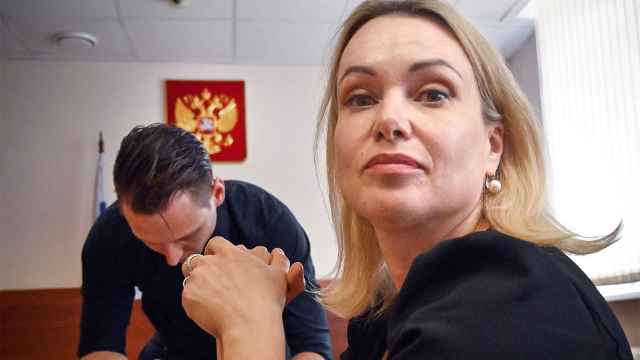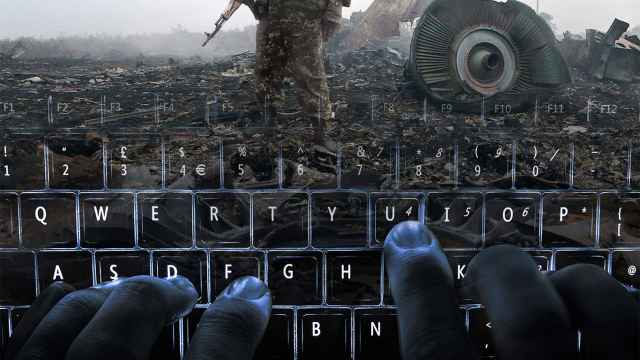Russian authorities have forced several news organizations to delete their coverage of a blacklisted outlet’s investigative reports on President Vladimir Putin’s alleged extramarital daughter and Chechen leader Ramzan Kadyrov’s alleged second wife.
State media watchdog Roskomnadzor notified the independent Dozhd broadcaster that it must delete 30 articles and videos based on the Proekt investigative outlet’s reporting.
“The notifications say that there is one day to inform the website owner about the blocked materials, after which they must be immediately deleted,” Dozhd said.
The outlet said its deleted material included Proekt’s reporting on high-level government officials’ assets and property and their ties to shadowy figures — in addition Putin’s alleged extramarital daughter and Kadyrov’s alleged second wife.
The Znak.com news website said it received 15 warnings from Roskomnadzor to delete material based on Proekt’s reporting.
“The pieces were published between 2018-2021, before Proekt was recognized as an ‘undesirable organization’,” Znak.com said.
The Bell business outlet received 10 such warnings, its editor-in-chief told Dozhd.
Other Russian outlets that received similar notifications to delete Proekt-based material include Meduza and The Village.
Proekt relaunched as “Agentstvo” this year after the Prosecutor General’s Office added the group to its “undesirable foreign NGOs” registry, banning its activities within the country. The Justice Ministry had also added Proekt’s chief editor and several of its journalists to its “foreign agent” list this summer.
Jailed Kremlin critic Alexei Navalny’s close aide Leonid Volkov slammed the deletions as a retroactive and “Orwellian” act of censorship.
“Although Proekt was recognized as an ‘undesirable organization’… the materials deleted now were published at a time when Proekt’s activities were completely legitimate journalistic work,” Volkov said.
“Censors put Meduza and other publications before a choice: being blocked in Russia now or a little later by shamefully submitting to the illegal censorship demands,” he wrote on his Telegram channel from exile.
“But I want the editors to be aware that the cost of their decision doesn’t buy them much time.”
A Message from The Moscow Times:
Dear readers,
We are facing unprecedented challenges. Russia's Prosecutor General's Office has designated The Moscow Times as an "undesirable" organization, criminalizing our work and putting our staff at risk of prosecution. This follows our earlier unjust labeling as a "foreign agent."
These actions are direct attempts to silence independent journalism in Russia. The authorities claim our work "discredits the decisions of the Russian leadership." We see things differently: we strive to provide accurate, unbiased reporting on Russia.
We, the journalists of The Moscow Times, refuse to be silenced. But to continue our work, we need your help.
Your support, no matter how small, makes a world of difference. If you can, please support us monthly starting from just $2. It's quick to set up, and every contribution makes a significant impact.
By supporting The Moscow Times, you're defending open, independent journalism in the face of repression. Thank you for standing with us.
Remind me later.


